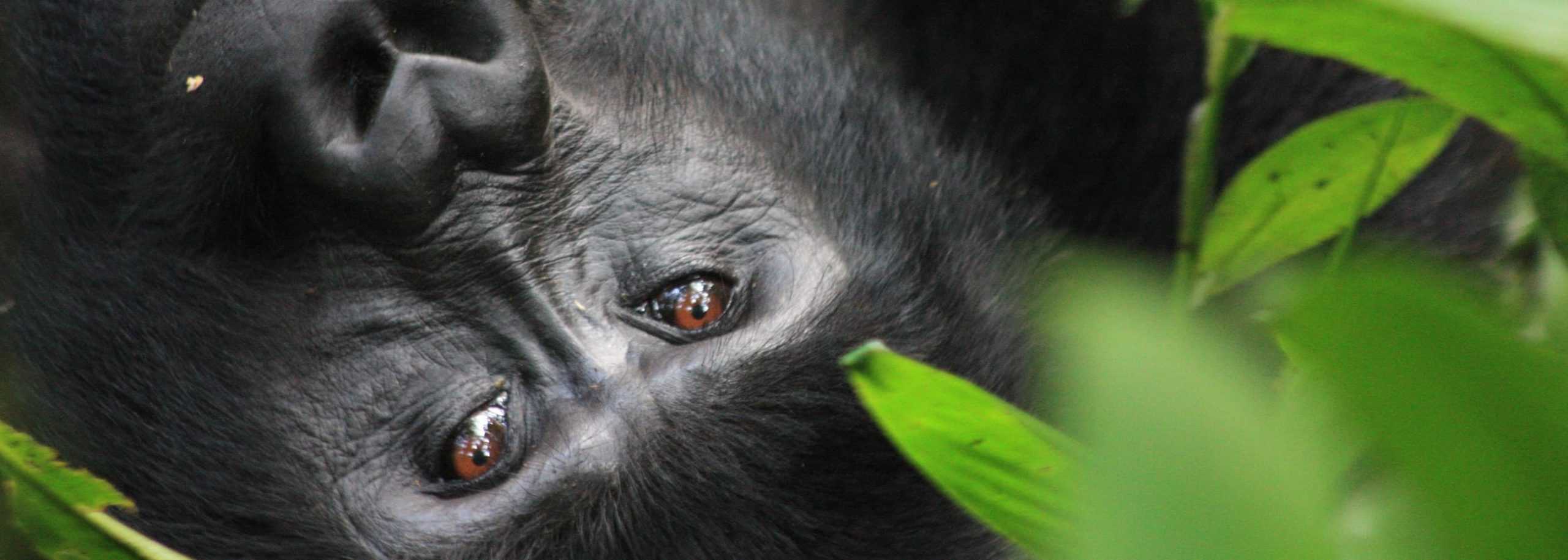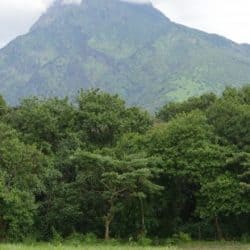One Year After Killings, Future of Congo’s Mountain Gorillas Looks Bright.
News | 5/09/08
In a report released thirteen months after the execution of seven mountain gorillas in The Democratic Republic of the Congo’s Virunga National Park, IGCP’s Congo team reveals that the situation in the Park is stable, with all the habituated family groups currently in good condition.
Despite the rebel army of leader Laurent Nkunda taking over virtually the entire swathe of area where the gorillas are found one month after the murders, groups are regularly monitored by a brave team of guards who pledged to remain on the spot. Other than a self-cured case of conjunctivitis observed in a baby in the Kabirizi group, all the gorillas are in excellent health, with no deaths occurring over the past twelve months.
IGCP has been working with guards to ensure patrols are carried out regularly in the Mikeno sector of the Park where the groups are found. Though cases of charcoal making and logging have been discovered for several months as well, illegal activities are at a minimum. Near the Gatovu patrol post, guards destroyed several furnaces used for charcoal making. Crop raiding by gorillas and other wildlife, another potential area of conflict, has been decreased by IGCP supported community patrols. Since their formation, local farmers have reported an increase in agricultural production.
Despite the good news, threats to the gorillas remain. With Nkunda’s rebels controlling the majority of the gorilla’s habitat, the strong military presence at the Bukima and Jomba patrol posts continues to cause concern, as people living on the Park’s borders still need energy and natural resources. Early in 2008, the IGCP team received news of the visit to a group of gorillas by tourists, with other reported movement in gorilla habitat of journalists, tourists and humanitarian workers, who crossed over the border from Kisoro in Uganda or arrived from Goma in the Southwest. Recognizing gorilla tourism cannot be viable on a large scale until the State has more control of the area, IGCP initiated an awareness campaign for all stakeholders which has thus far been successful. No additional visitors have been reported since these incidents. This campaign will continue until ICCN (Congo Institute for the Conservation of Nature) has taken over management of this sector of the Park and is authorized to reopen it for tourism.
With the vital work of gorilla tracking carried out regularly by Virunga National Park guards, IGCP and its partners can maintain contact with those on the ground to keep up an open discussion on the current situation of the gorillas and help prevent negative developments before they arise. As the guards are the gorillas’ lifeline, it is imperative to develop strategies to strengthen their numbers in this sector. The IGCP Congo team will begin by working with all stakeholders in capitalizing on the will for reconciliation long expressed by ICCN both at the Directorate in Kinshasa and site level in Goma. The guards’ success to date is an encouraging sign for families both gorilla and human in an area still challenged by conflict.


